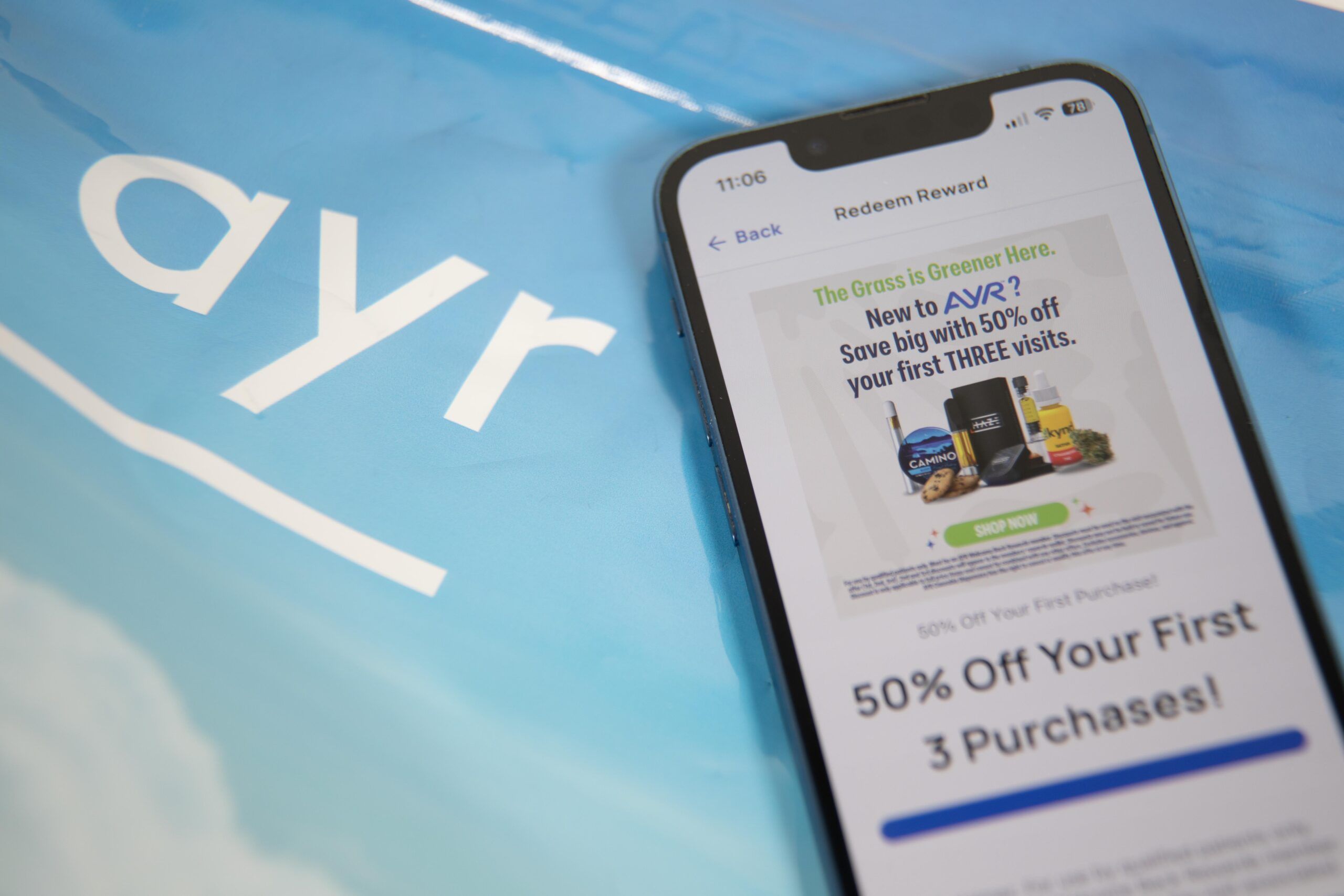In 2025, cannabis consumers are more digitally connected and convenience-driven than ever. With the surge of mobile shopping and the normalization of cannabis in legal markets, dispensary apps have become an essential touchpoint in the consumer experience. From real-time product tracking to loyalty integration and AI-powered recommendations, today’s users expect more than just a simple menu—they demand a seamless, personalized, and secure platform that mirrors the sophistication of other e-commerce industries.
Real-Time Inventory and Product Transparency
Consumers in 2025 no longer tolerate “menu discrepancies.” They expect mobile dispensary apps to offer live inventory that syncs directly with in-store POS systems. Whether they’re planning to schedule a pickup or order delivery, real-time product availability—including detailed strain profiles, lab results, and THC/CBD content—has become a baseline expectation. Leading apps now also integrate user reviews and effect-based tagging, allowing customers to shop by intended outcome, such as relaxation, focus, or pain relief.
Seamless Ordering and Delivery Tracking
Instant gratification is key. Today’s cannabis shoppers want a frictionless experience—from browsing to checkout. Mobile apps must support multiple payment options (including ACH, debit, or compliant digital wallets) and offer intuitive cart functionality. Beyond that, consumers expect to track their delivery in real-time, with GPS-enabled driver updates, estimated arrival times, and live communication capabilities similar to Uber Eats or DoorDash. Delays or lack of transparency in the process can lead to churn.
Personalized Shopping Experiences
With AI and machine learning now mainstream in retail tech, cannabis consumers expect their dispensary apps to know them. Personalized strain recommendations based on previous purchases, search behavior, time of day, and even mood preferences are increasingly popular features. Smart mobile apps are curating “For You” pages and seasonal bundles that reflect the individual needs of medical and adult-use customers alike.
In-app quizzes, product match tools, and dynamic suggestions are also contributing to longer session times and increased order values. Brands that fail to personalize risk being forgotten in a crowded marketplace.
Loyalty and Rewards Integration
Customer retention hinges on value. Cannabis shoppers in 2025 expect built-in loyalty programs that reward them for frequent purchases, referrals, reviews, and social shares. Whether it’s digital stamp cards, point systems, or app-exclusive discounts, today’s mobile apps must make it easy for users to access, track, and redeem their perks. Integration with SMS and push notifications ensures no deal goes unnoticed.
Some advanced dispensary apps also integrate with third-party platforms like Weedmaps or Leafly to provide broader access to reviews, verified strain data, and shared loyalty networks.
Secure, Compliant, and Private
Security is paramount in cannabis tech, especially with data breaches and increased regulatory scrutiny. Consumers expect mobile dispensary apps to implement secure logins (biometrics, 2FA), encrypted payment processing, and full HIPAA compliance for medical users. Equally important is discretion—apps must offer discreet packaging options, anonymous browsing features, and clear privacy policies that respect user data.
Educational and Community Features
Cannabis consumers in 2025 are more informed, curious, and community-driven. Dispensary apps that provide educational content—such as articles, short videos, or strain deep dives—gain trust and build loyalty. Some apps now host virtual events, Q&As with budtenders, or customer forums where users can swap tips and product insights. This deeper engagement transforms apps from sales tools into community platforms.
The Bottom Line
Mobile dispensary apps are no longer optional—they are central to the modern cannabis retail strategy. In 2025, consumers expect intelligent, intuitive, and value-driven digital experiences. Dispensaries that invest in feature-rich mobile platforms with real-time updates, personalization, and secure integration will thrive in the increasingly competitive cannabis market. Those that don’t risk being left behind in a fast-moving industry defined by convenience and innovation.







